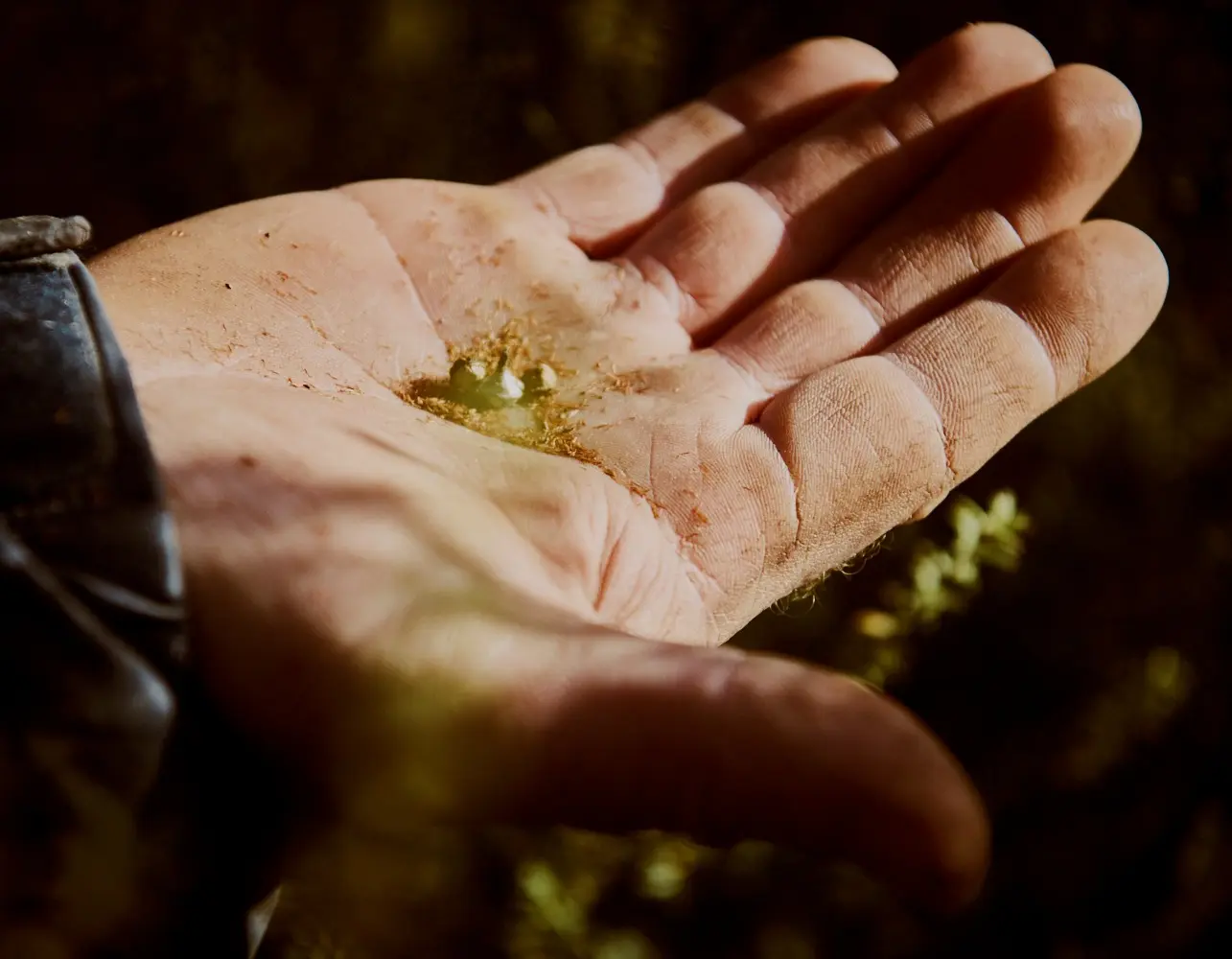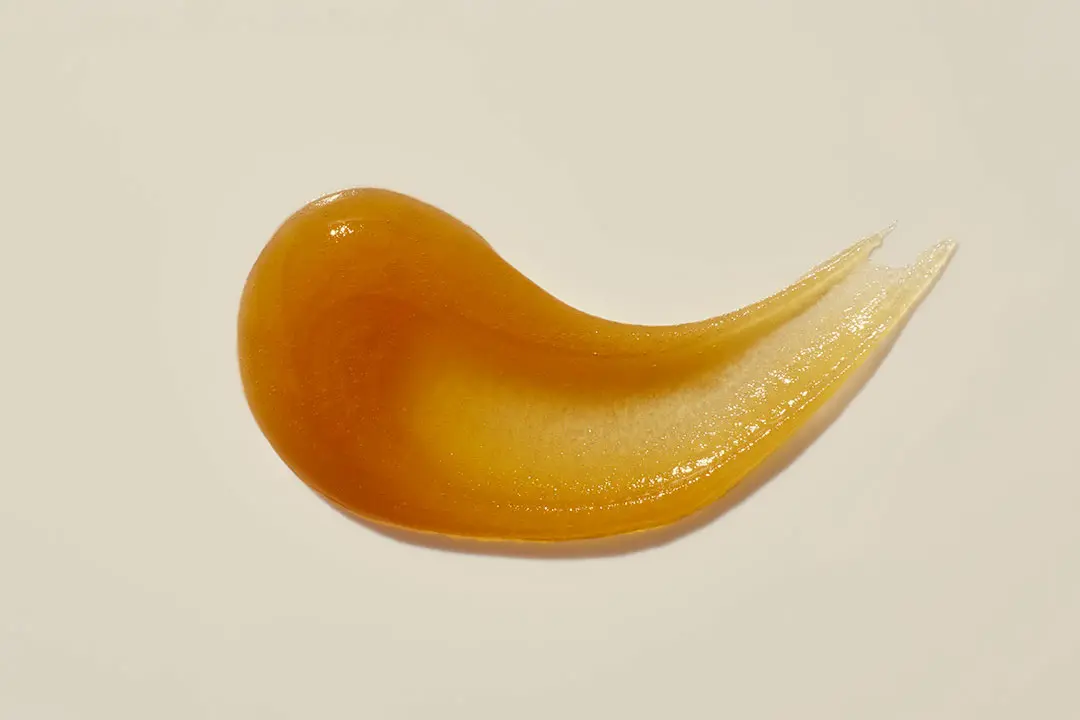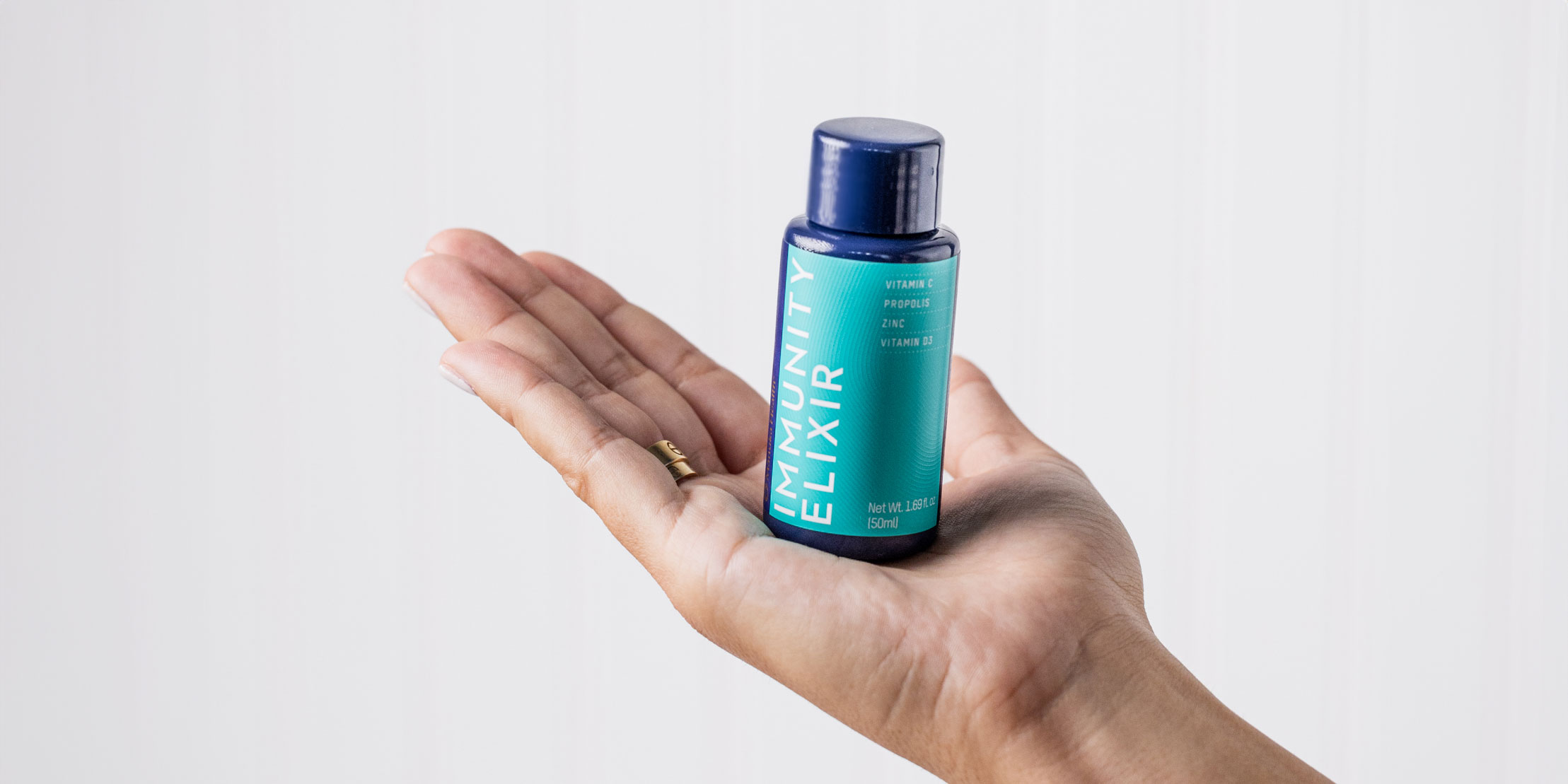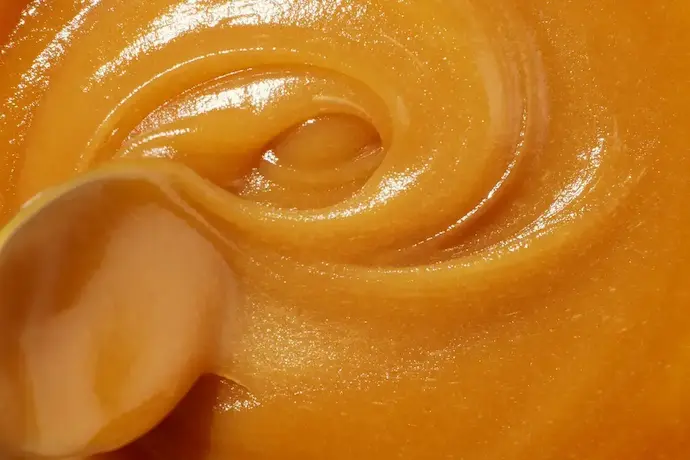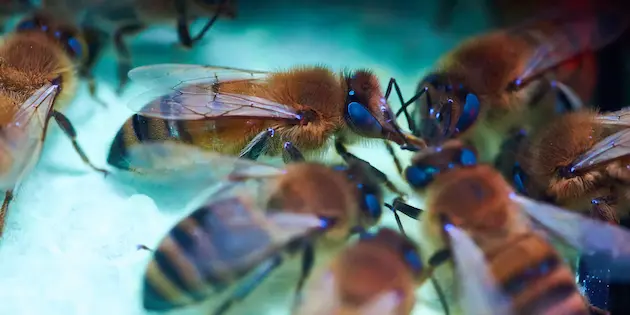CHOOSE YOUR LOCATION
Please select which country you are shopping in.

- Shop
- Immune Support
Extra Immunity Support
Immunity Elixir ShotsPropolis Throat SprayDaily Defense
Propolis 1-A-Day Capsules Mānuka Honey
- Learn
- Contact Us
Contact Us
Contact UsAffiliate Program
- Start Your Wellness Quiz
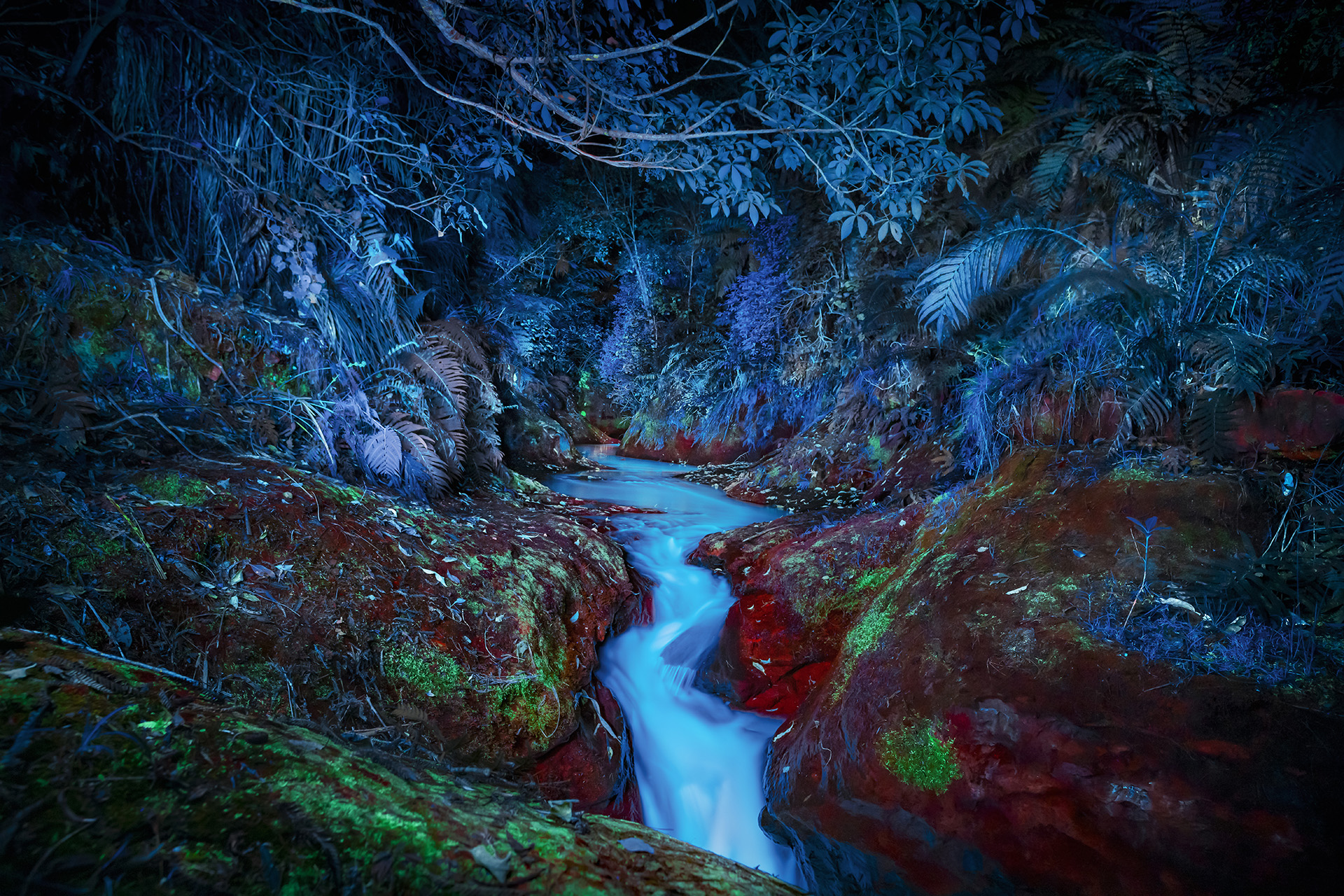
Creating a sustainable tomorrow
MĀNUKA HONEY, PROPOLIS, AND ROYAL JELLY ARE LUMINOUS GIFTS, BORN OF NATURE'S MOST PROFOUND LOVE STORY.
As guardians of this story, sustainability is intricately woven into everything we do. Into the care of our bees, our land and our business. This is our way of ensuring the honeybee and mānuka tree’s tale will continue to be told for generations upon generations.
CARING FOR OUR BEES
Bees are the epitome of nature’s wild elegance. They work in perfect harmony, in symbiotic synergy, to create golden gifts of unparalleled power and potency. Then they so generously share these gifts with us all.
Protecting these phenomenal creatures is our highest priority. And that’s what makes us innovators and visionaries in sustainable beekeeping.
Our Apiculture Excellence Programme invests in research and exploration, helping build best practice – not only for our own beekeepers, but for the whole apiculture industry. We conduct a year-round bee health program and meticulous hive monitoring, to ensure healthy hives and the purest-quality honey. And we never tarnish the raw natural wonder of our hives with antibiotics or hormones.
Using advanced mapping technology, we measure the number of mānuka flowers in each area to avoid over-stocking our hives. This means our bees can flourish, while leaving plenty of nectar behind for other ever-important native pollinators.
The mānuka tree flowers for only a handful of weeks each year. When the season comes to a close, the bee’s busy work is done – and their well-earned holiday begins. We carefully place our beehives in some of New Zealand’s most beautiful places. Providing their incredible inhabitants with access to plenty of flowering flora, so they can continue to pollinate all year round.
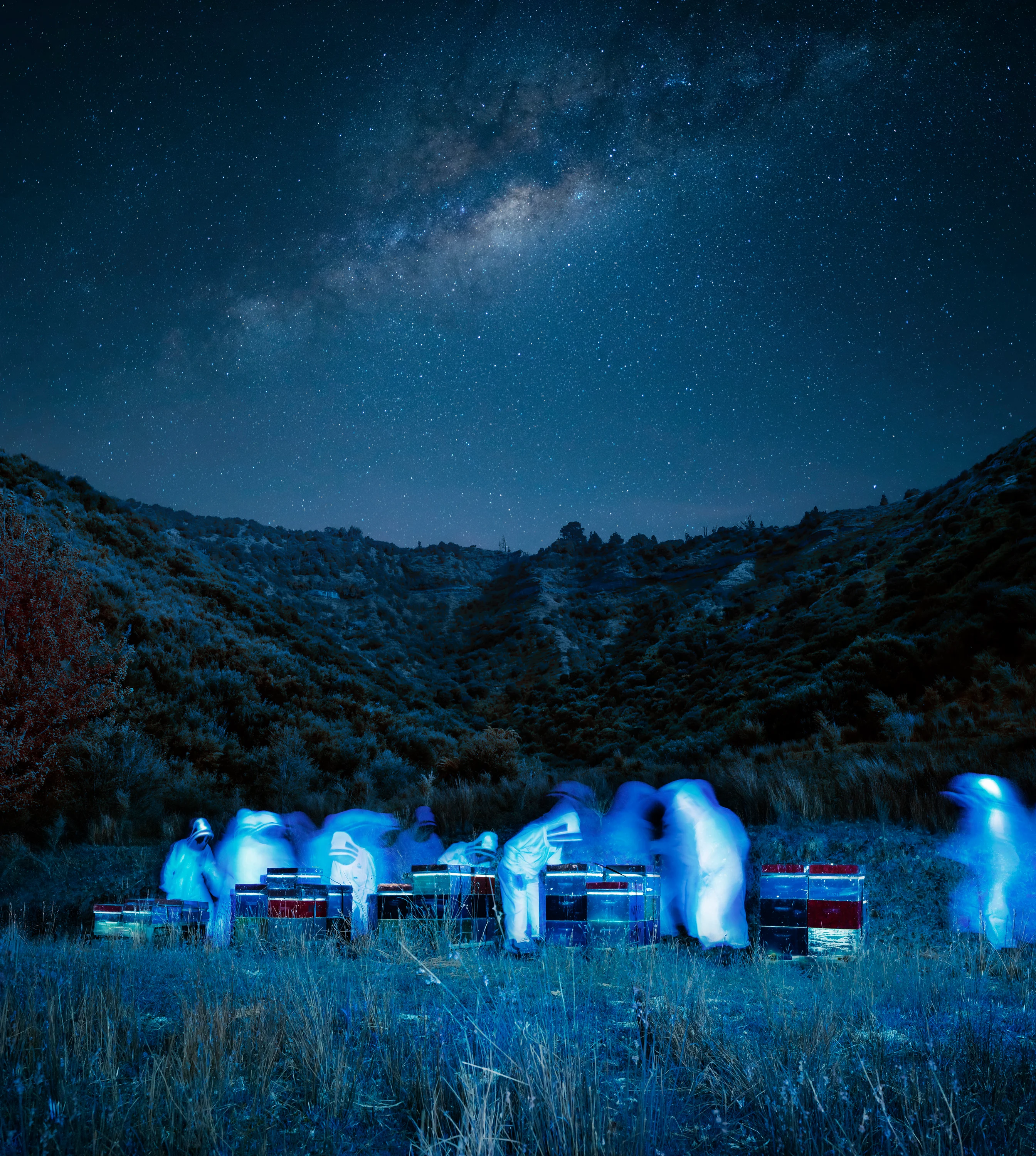
REPLENISHING OUR LAND
The land is a rich and divine tapestry, without which the honeybee and mānuka tree’s love story would never have come to be. We see ourselves as protectors of this precious land.
In New Zealand, the mānuka tree is known as ‘the forest healer’. Because it not only helps the honeybee create a honey unlike any the world has seen. It also helps replenish and regenerate the land it lives on; protecting against erosion, and enhancing biodiversity.
This is why nurturing native mānuka is such an all-encompassing element of our work. Together with our landowner partners, who we’ve worked alongside for years, we help restore, replenish and regenerate marginal farmland back to native forest. All while inspiring the sustainable production of our most treasured mānuka honey.
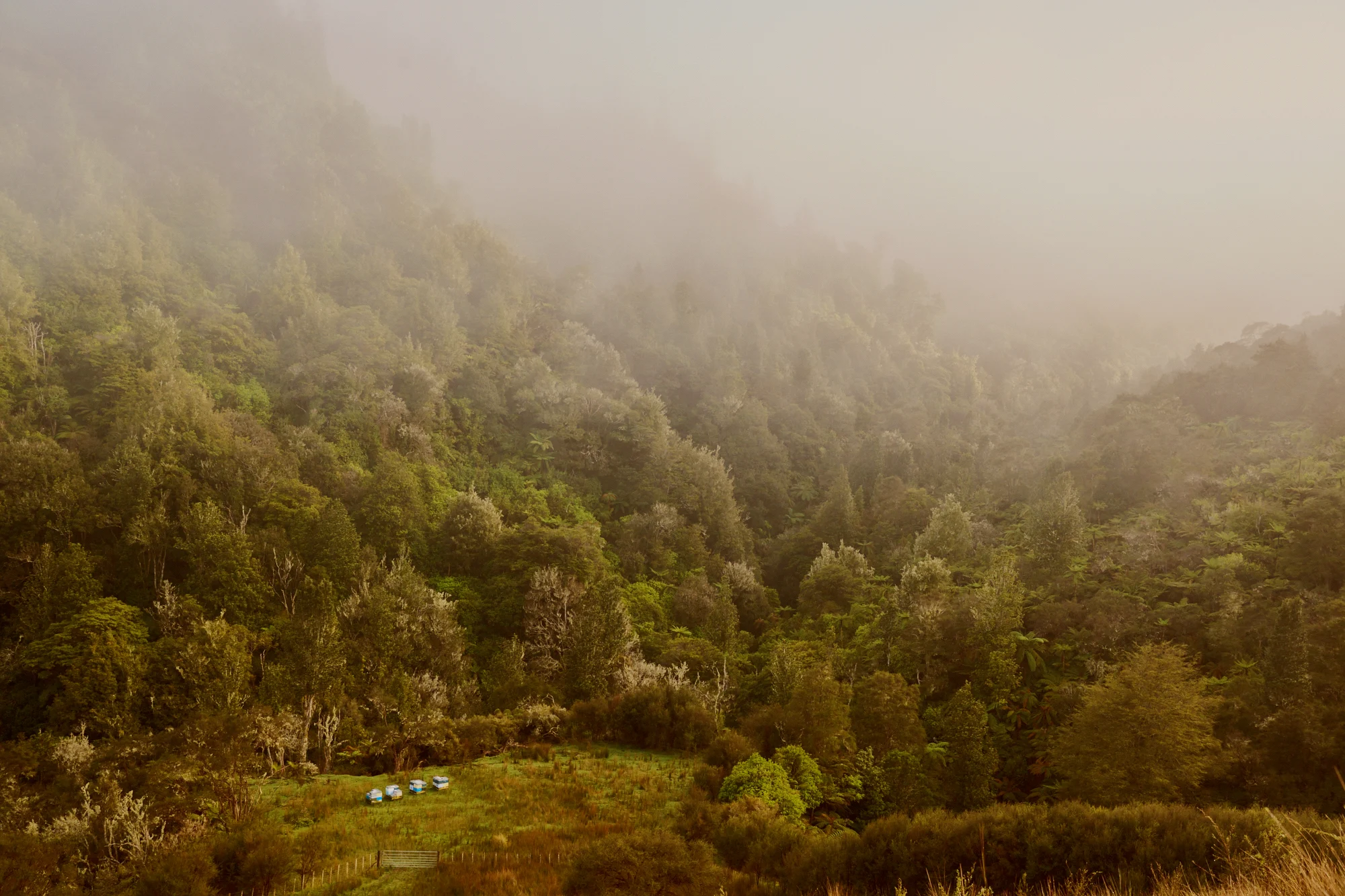
SEEKING NEW WAYS TO IMPROVE
We restlessly and relentlessly pursue ever more ways to do better. We aim to reduce, reuse or recycle wherever possible – recycling cardboard, glass, metals, plastic, wood and organic waste on-site. The water in our bathrooms is rainwater, collected in underground tanks.
Our dedication to sustainability extends to the jars that hold nature’s gifts. Each has been carefully crafted to leave minimal impact on our precious environment.
Mānuka Health jars are made from fully recyclable virgin food grade polypropylene. We’ve also taken pioneering steps to ensure recycling our jars is as smooth and seamless as possible – becoming the first and only mānuka honey brand in the world to use the same material for the jar and the lid. Together with our in-mould labels, this means every element can be seamlessly recycled together.
Our Reserve MGO 1000+ and Single Origin are exceptional honeys of unmatched distinction, and their glass jars have been meticulously crafted to do them justice. The result is less a ‘jar’, and more a stunning piece of art – simply far too beautiful not to reuse.
All our online orders are lovingly and thoughtfully packed using recyclable cardboard and paper.
We consider our footprint across our precious land, too. We have upgraded our vehicle fleet for greater fuel efficiency and lower emissions. And we only rely on helicopters to access the most remote of our hives, which can’t be reached on foot or four wheels.
